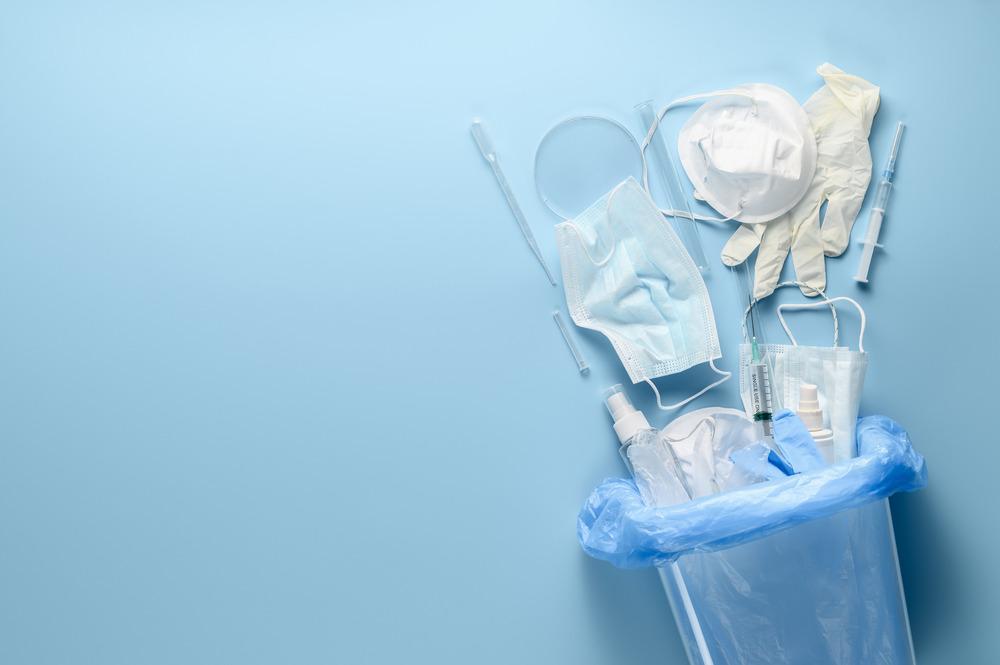The government has announced action to tackle bias in the design and use of medical devices, as it accepts recommendations from an independent report.
It comes in response to an independent report, chaired by Professor Dame Margaret Whitehead, on the extent of ethnic and other prejudices in the design and use of published medical devices.
Andrew Stephenson, minister of state, said making the healthcare system equal for everyone is "paramount to our values as a nation."
He said: "It supports our wider work to create a fairer and simpler NHS."
The Department of Health and Social Care said they commissioned senior health experts to identify potential biases in these devices and recommend how to tackle them.
The medical devices review focused on three areas – optical devices such as pulse oximeters, AI-enabled devices, and polygenic risk scores (PRS) in genomics.
The government has fully accepted the report’s conclusions and has made a series of commitments, including ensuring that pulse oximeter devices used in the NHS can be used safely across a range of skin tones, and removing racial bias from data sets used in clinical studies.
An oximeter device is used to measure the oxygen level of the blood.
In 2022, The British Medical Journal found that the oximetry readings had greater bias among black patients in general care compared to their white counterparts.
Other ways to overcome potential disparities in the performance of medical devices include updating NHS guidance to highlight potential limitations of pulse oximeter devices on patients with darker skin tone. As well as this, Medicines and Healthcare products Regulatory Agency (MHRA) now requests that approval applications for new medical devices describe how they will address bias.
The government said they will work with the MHRA to ensure regulations for medical devices are safe for patients, regardless of their background, while allowing more innovative products to be placed on the UK market. This includes a commitment to ensure pulse oximeters are safe and effective for all patients, with work underway to mitigate any inaccuracy in the devices.
They will also support NHS England in its efforts to upskill clinical professionals on issues like health equity.
Professor Dame Margaret Whitehead, leader of the independent review, said: "The advance of AI in medical devices could bring great benefits, but it could also bring harm through inherent bias against certain groups in the population, notably women, people from ethnic minorities and disadvantaged socio-economic groups."
She added: "Our review reveals how existing biases and injustices in society can unwittingly be incorporated at every stage of the lifecycle of AI-enabled medical devices, and then magnified in algorithm development and machine learning."
She continued to say that the recommendations call for "system-wide action, requiring full government support."


